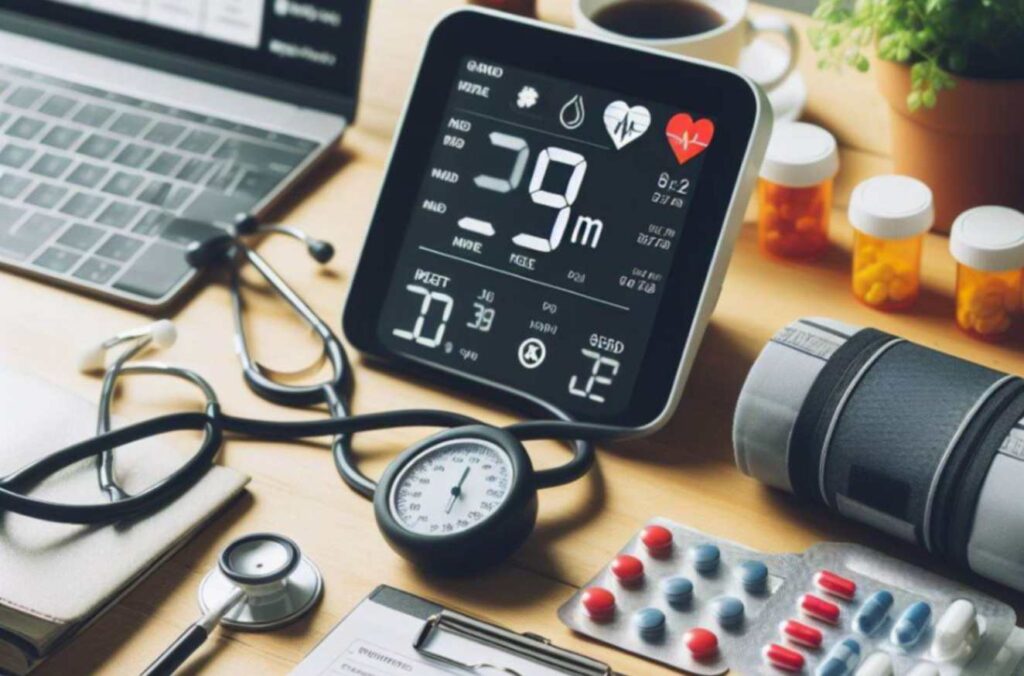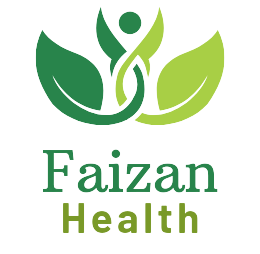Hypertrophic cardiomyopathy (HCM) demands active self-care for optimal management and quality of life. From understanding the condition to implementing lifestyle adjustments, this article offers a comprehensive guide to navigating HCM. Whether you’re reassessing or trying to improve your current self-care routine, study the following sections for practical insights and empowerment strategies. Let’s begin the journey to better health and wellness with HCM Self Care.
I. Medical Management:
A. Assessment and Evaluation:
- Testing for hypertrophic cardiomyopathy (HCM) includes echocardiograms, electrocardiograms, and occasionally genetic testing.
- These tests help evaluate heart structure, function, and genetic factors that contribute to HCM.
B. Consulting Experts:
- Consultation with a cardiologist or other professional in cardiac care is essential following diagnosis.
- Genetic counselors and other experts might also offer insightful information.
C. Treatment Options:
- Drugs like beta blockers and calcium channel blockers aid in the treatment of symptoms including breathlessness and chest discomfort.
- In severe cases, surgical procedures such alcohol septal ablation or septal myectomy may be required.
- Implantable devices such as ICDs are considered for people who are at risk of dangerous arrhythmias.

D. Regular Follow-ups:
- To keep an eye on the issue, cardiologist consultations are crucial.
- Echocardiograms and other follow-up exams guarantee prompt treatment plan modifications and problem diagnosis.
II. Changes in lifestyle:
A. Exercise Guidelines and Restrictions:
- Consult your healthcare provider for personalized exercise recommendations for your condition.
- Low-impact activities like swimming, cycling, and walking are often safe choices.
- Steer clear of activities that require lengthy exercise or quick bursts of high effort since these can strain the heart and exacerbate symptoms.
B. Dietary Recommendations:
- Consume a diet high in fruits, vegetables, whole grains, lean protein, and other heart-healthy foods.
- Decrease your utilization of sodium to help with liquid maintenance and reduce cardiovascular strain.
- Select wholesome, low-sodium substitutes for processed and high-fat foods.
C. Fluid intake management:
- Keep an eye on your fluid intake, particularly if you’re experiencing symptoms like edema or dyspnea.
- To support general health and hydration, try to maintain a balanced fluid intake—neither too much nor too little.
- Be aware of stowed-away wellsprings of liquid, like refreshments, sauces, and soups, while controlling your liquid admission.

D. Alcohol and Caffeine Moderation:
- Restrict alcohol intake as it raises the likelihood of arrhythmias and exacerbates symptoms.
- Caffeine should be used with caution as it might elevate heart rate and could cause symptoms.
- Choose caffeinated beverages and limit alcohol consumption to promote better heart health and symptom management.
III. Administration of Medicines:
A. Types of drugs used:
Beta blockers:
- These drugs help decrease pulse, as well as lighten side effects like windedness and chest torment.
Calcium channel blockers:
- These medications improve blood flow and lessen symptoms by relaxing blood vessels and lessening the heart’s strain.
Antiarrhythmic drugs:
- Prescribed to treat cardiac abnormalities (arrhythmias) that may manifest in individuals with heart failure.
Anticoagulants:
- Often known as blood thinners, are occasionally used to lower the risk of blood clots and stroke, particularly in patients with atrial fibrillation.
B. Dosage and Administration Guidelines:
- The measurements of the prescription are normally resolved in light of individual factors like age, weight, seriousness of side effects, and treatment reaction.
- It’s imperative that you follow your doctor’s instructions exactly and adhere to the recommended dosage and schedule when taking the prescription.
- It is critical to talk with your medical services professional prior to changing the measurement or halting the prescription, as doing so could intensify side effects or lead to additional difficult issues.

C. Possible Side Effects and Adverse Reactions:
- Tiredness, headaches, nausea, and dizziness are common adverse effects of drugs used to treat HCM.
- Serious aftereffects, for example, unfavorably susceptible responses or cardiovascular breakdown side effects, might happen in certain individuals.
- Notify your healthcare practitioner right away if you encounter any negative reactions or side effects.
D. Importance of adherence to medication regimen:
- Adherence to endorsed prescription regimens is essential to successfully overseeing hypertrophic cardiomyopathy and decreasing the risk of inconveniences.
- To help you remember to take your prescriptions as prescribed, set reminders or utilize pill organizers.
- Make sure your healthcare providers are aware of an accurate list of all the prescriptions you take, along with the amount and frequency of each.
IV. Monitoring and Management of Symptoms:
A. Recognizing the signs of decay:
- Watch out for side effects like depletion, wooziness, windedness, chest torment, or blacking out.
- Any changes in the frequency, duration, or strength of the symptoms should be noted as they may indicate a worsening of the condition.
- In the case that your symptoms become worse or are new, get medical help right once. This will help to avoid consequences.
B. Monitoring for symptoms of arrhythmias:
- Recognize the signs of an arrhythmia, which include palpitations, rapid or irregular heartbeats, and dizziness.
- To gauge your pulse and distinguish any irregularities, consider getting a wearable contraption or individual pulse screen.
- Notify your healthcare practitioner of any symptoms or irregularities so they can do additional assessment and treatment.
C. Use of Personal Health Monitoring Devices:
- Utilize gadgets for monitoring your own wellbeing, including a circulatory strain sleeve, pulse screen, or compact EKG screen.
- Regularly check your heart rate and vital signs at home to track changes over time and give your healthcare professional important information.
- For further evaluation and management, keep a record of your monitoring data and present it to your healthcare professional at follow-up sessions.

Read More About 4 Self-Care Tips For Parkinson’s disease.
Conclusion:
In conclusion, effective management of hypertrophic cardiomyopathy (HCM) requires a multifaceted approach that includes medical management, lifestyle changes, symptom monitoring, and proactive self-care strategies. be By understanding the condition, following recommended treatment regimens, and making necessary lifestyle adjustments, people with HCM can improve their quality of life and reduce their risk of complications. Regular follow-up appointments with health care providers, along with continuous symptom monitoring and use of personal health monitoring devices, play an important role in maintaining heart health and early detection of any changes in condition.
Additionally, having an emergency action plan can provide peace of mind and ensure quick access to medical care during acute episodes. With a dedication to self-care and close collaboration with health care professionals, people with hypertrophic cardiomyopathy can live full lives while effectively managing their condition.
What are the common symptoms of hypertrophic cardiomyopathy (HCM)?
Common symptoms include chest pain, shortness of breath, fatigue, palpitations and light-headedness.
Can hypertrophic cardiomyopathy (HCM) be inherited?
Yes, HCM can be inherited in an autosomal dominant pattern.



Your point of view caught my eye and was very interesting. Thanks. I have a question for you.
Thank you for your sharing. I am worried that I lack creative ideas. It is your article that makes me full of hope. Thank you. But, I have a question, can you help me?